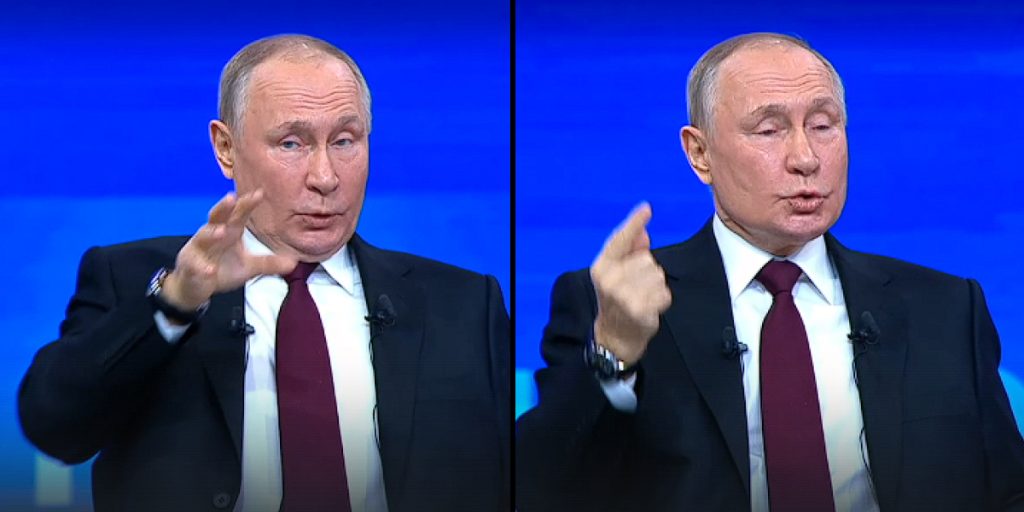Putin’s Threat to Baltic Sea Nations.
Others are reading now
Russian President Vladimir Putin, campaigning for the 2024 presidential election, recently visited the Russian exclave of Kaliningrad, nestled between Poland and Lithuania along the Baltic Sea. Despite the apparent certainty of his electoral “victory,” Putin’s travels aim to bolster his credibility among the populace.
During his Kaliningrad visit, Putin issued a defiant warning to Western nations, as reported by the British Daily Mail.
He criticized the countries bordering the Baltic Sea, warning them to be unprepared for “what will happen next.”
This reaction followed the removal of Soviet war memorials in many of these countries, which Putin decried as pitiful and showing a lack of understanding of their own region.
Also read
Direct Threat to Baltic Sea Area Countries
Daily Mail interpreted Putin’s statement as a direct threat to countries in the Baltic Sea region, including Denmark, Sweden, Finland, Estonia, Latvia, Lithuania, Poland, and Germany.
Kremlin’s Response
Dmitry Peskov, Kremlin’s spokesperson, dismissed the interpretation of Putin’s visit and statements as threatening. He insisted that the president’s regional visits are not intended as messages to NATO countries.
Analysts View on Kaliningrad Visit
However, several analysts observed that Putin’s trip to Kaliningrad was a clear signal to NATO, particularly following Finland and Sweden’s NATO membership applications.
This move has led to the Baltic Sea being surrounded predominantly by NATO countries.
Potential Russian Invasion Scenario
Analysts, including those from the Ukrainian newspaper Kyiv Independent, have highlighted Kaliningrad’s strategic significance. They speculate it could be a potential launchpad for a Russian attack on NATO, particularly through the Suwalki Gap, a narrow corridor of Polish territory between Kaliningrad and Belarus. Such a move could effectively isolate the Baltic states from the rest of NATO.


